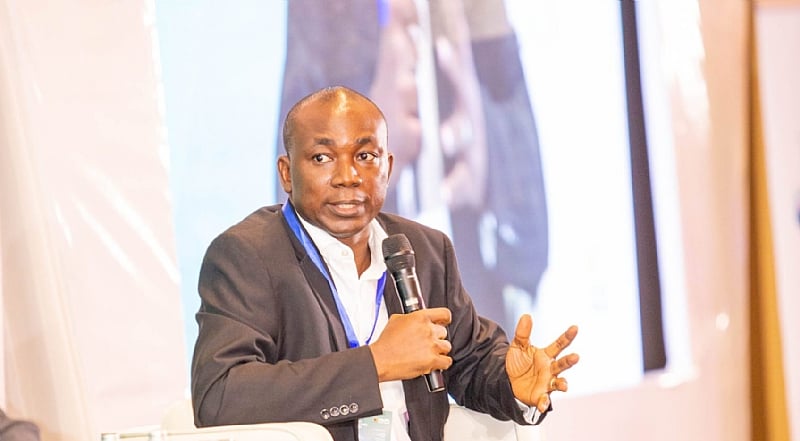Professor Godfred Bokpin, a lecturer at the University of Ghana Business School, has credited effective leadership and difficult policy decisions for the recent appreciation of the Ghanaian cedi.
Speaking on TV3’s KeyPoints programme on May 24, Prof. Bokpin said the currency’s improved performance is largely due to coordinated efforts between the Minister of Finance and the Governor of the Bank of Ghana.
“You can see leadership here from the highest level. You can see painful choices that are manifesting in what we are seeing,” he stated during the panel discussion.
His comments come amid debates over what is driving the cedi’s gains against major foreign currencies, particularly the US dollar. While the current administration attributes the progress to deliberate policy interventions, the opposition New Patriotic Party (NPP) argues that the policies responsible for the improvement were introduced under its tenure, noting that the National Democratic Congress (NDC) government has only been in office for a few months.
Prof. Bokpin, however, pointed out that the current administration has adopted two critical policies that are beginning to bear fruit.
“I want to look at it from two main policies — there is fiscal backing. If you look at what the economy has been through in the last three years, the excess injection of liquidity into the economy through high expenditure. We have seen this government do within five months what we have been calling for since COVID-19 (2020–2025). Since COVID, we’ve been saying that we need to cut wasteful spending, so that we choose a gradual fiscal consolidation that will be less painful. We didn’t do that,” he said.
He further noted the negative role previously played by excessive monetary interventions from the central bank, adding that it worsened inflation and deepened poverty.
“To make matters worse, in 2022, the Bank of Ghana moved in strongly with excess liquidity that created inflationary pressures that pushed over 800,000 into poverty,” he explained.
Prof. Bokpin also highlighted the challenges of 2024, noting the government’s failure to meet key IMF targets except for GDP growth and international reserves. “When it comes to the main anchor for fiscal consolidation, we missed it. We were supposed to do 0.5% of GDP on primary surplus, but we did a negative of more than 3%,” he said.
He praised the adjustments made in the 2025 budget, which he described as a corrective effort to restore macroeconomic stability.
“They have used the 2025 budget to more or less correct some of these imbalances — to the extent that they have had to restore the IMF programme back on track by moving from a negative surplus of more than 3% of GDP to a primary balance-positive of 1.5% of GDP,” Prof. Bokpin stated.
He concluded by highlighting the trade-offs involved in this recovery process, including reduced public spending to manage inflation and stabilise the economy. “What that means is that we’ve done this but there is a trade-off — growth projection was lower than the fiscal outturn in 2024. So, to a large extent, government is not spending as we have seen in the last couple of years. In nominal terms, we shrunk expenditure by GHC10 billion compared to 2024. So, in a layman’s terms, the economy was overheating, they had to cool it down,” he explained.


